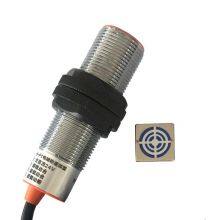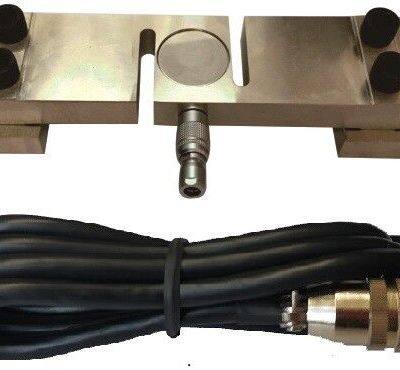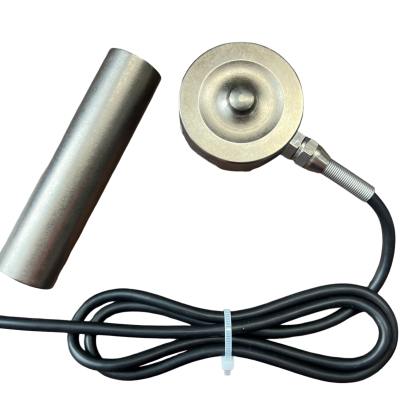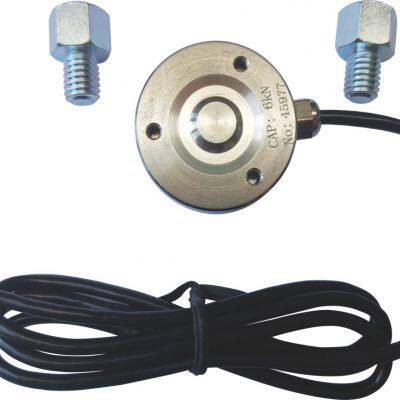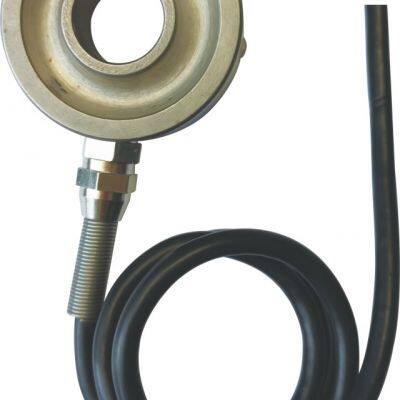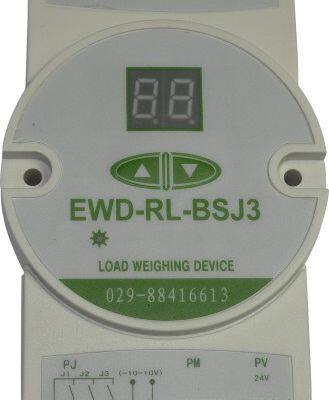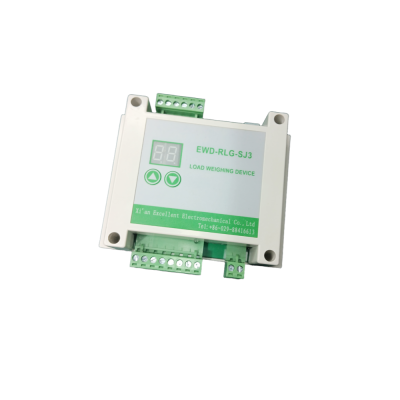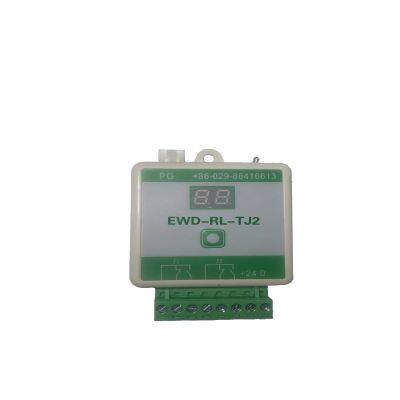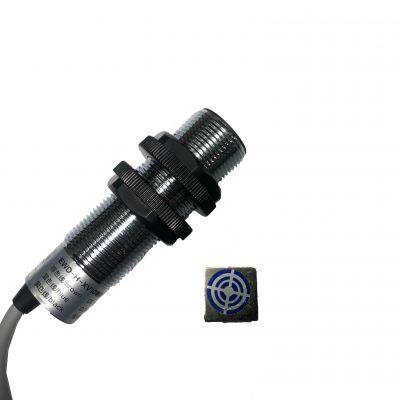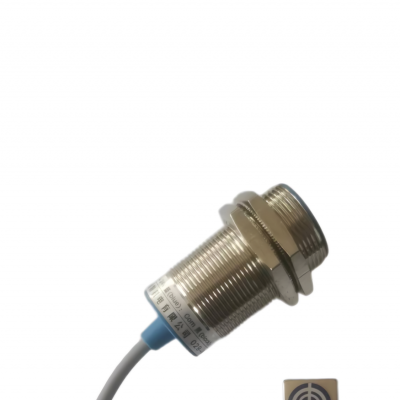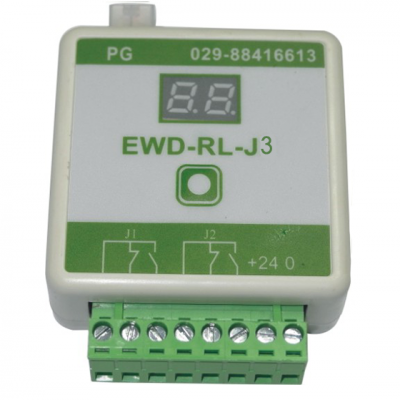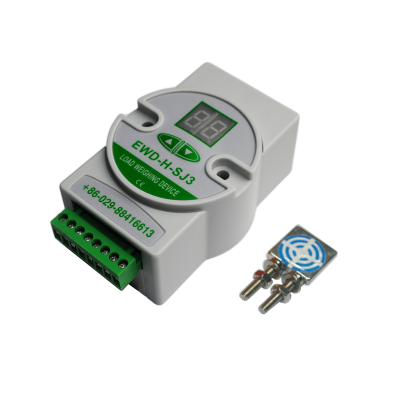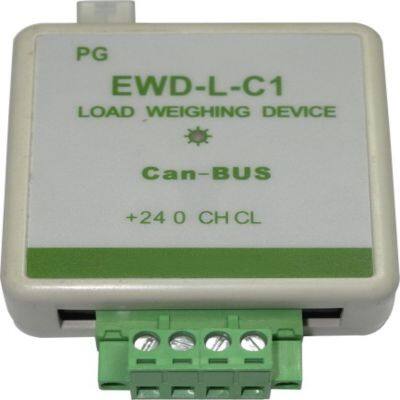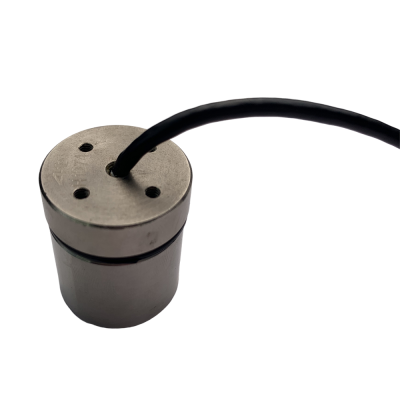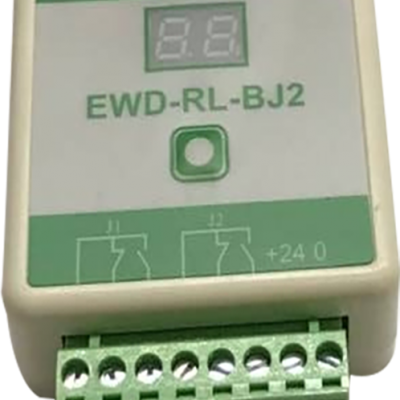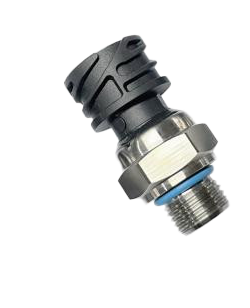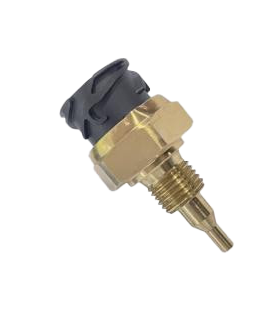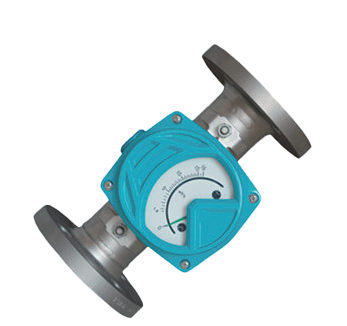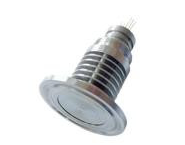The Integration of Sensors into Everyday Life: Enhancing and Quality
In the modern era, sensors have seamlessly integrated into our daily lives, becoming an indispensable part of our routines. These unassuming devices quietly monitor and respond to changes in their environment, playing a pivotal role in various aspects of our lives. From health and medical care to home automation, environmental protection, and safety measures, sensors have become the silent sentinels that enhance our quality of life.
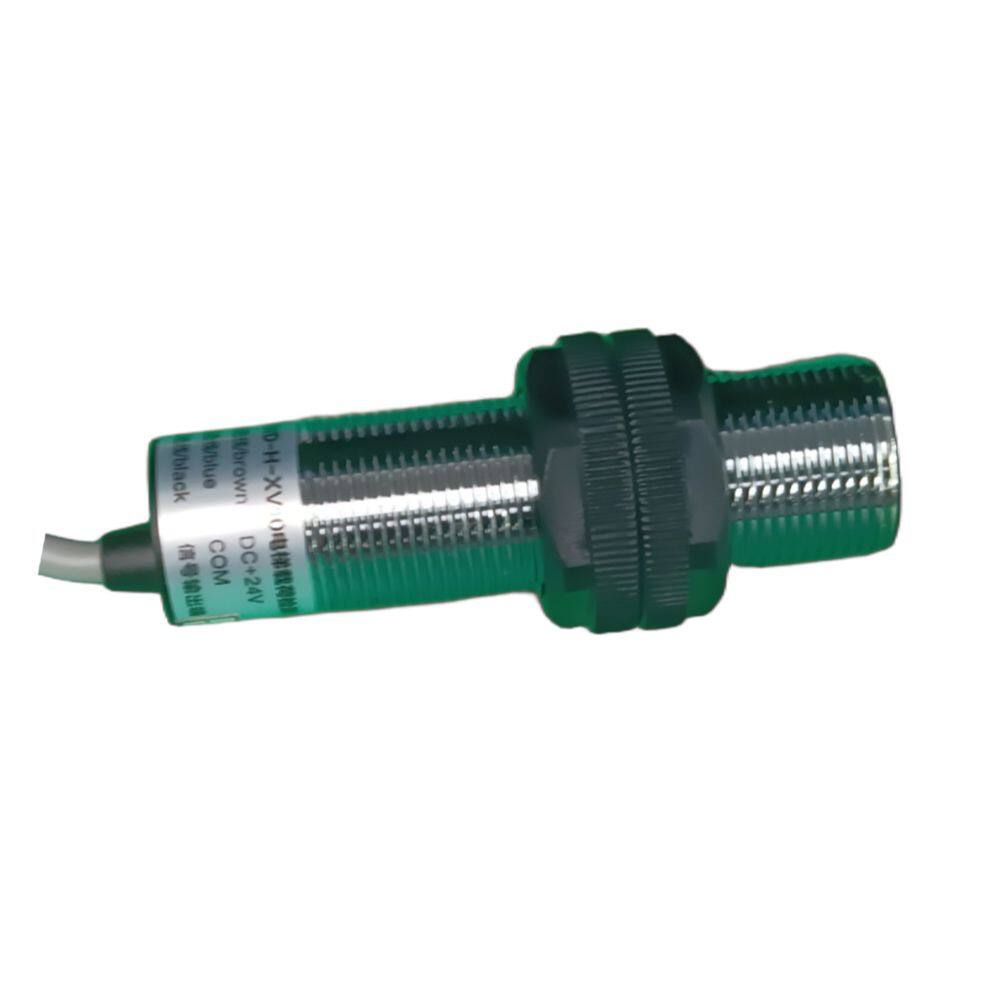
In the realm of health and medical care, sensors have revolutionized the way we monitor our well-being. Wearable devices such as smartwatches and fitness trackers equipped with sensors allow individuals to track vital signs like heart rate, blood pressure, and oxygen levels in real-time. These devices provide valuable insights into our health, enabling early detection of potential issues and promoting proactive health management.
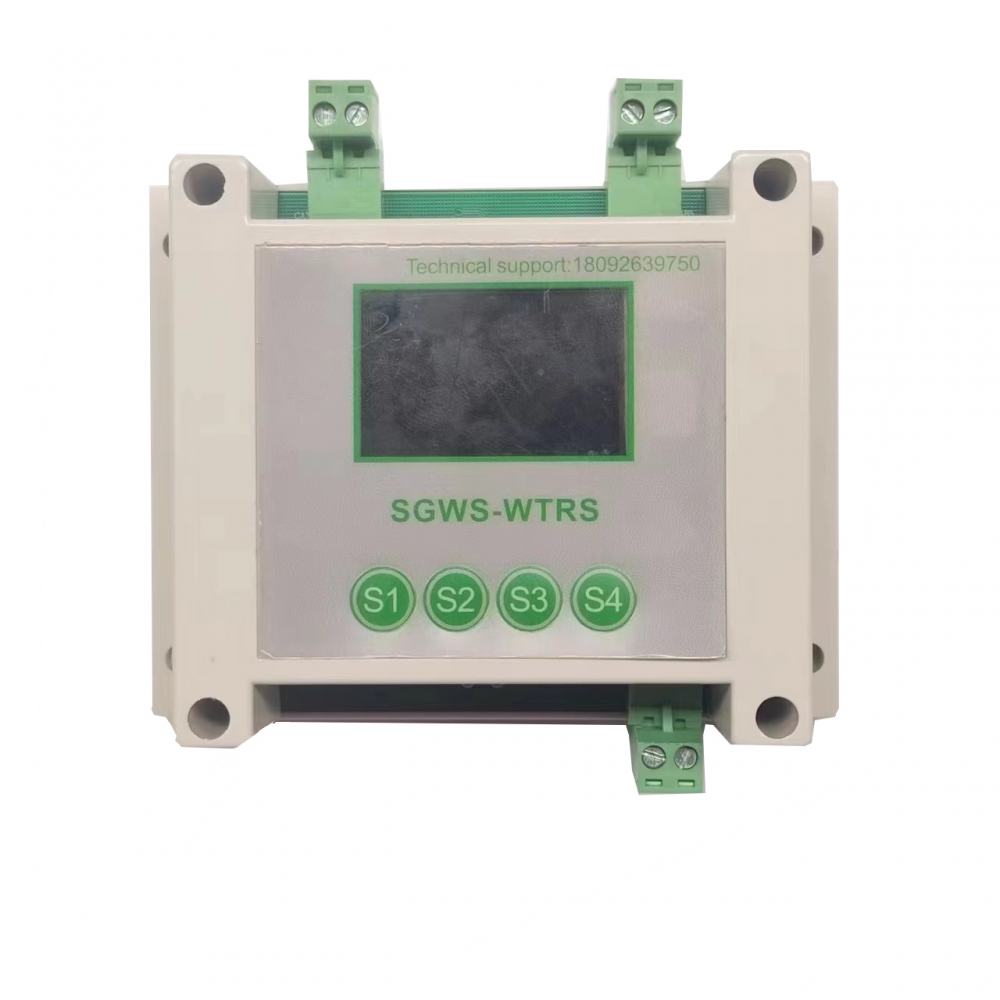
Moreover, sensors have transformed medical diagnostics and treatment. Advanced sensors in medical equipment, such as glucose monitors and ECG machines, offer precise measurements, ensuring accurate diagnosis and timely interventions. This technology not only improves patient outcomes but also reduces the burden on healthcare systems.
Smart HomesThe concept of smart homes has gained significant traction in recent years, and sensors are at the heart of this transformation. Smart thermostats, for instance, use sensors to regulate indoor temperatures based on occupancy and preferences, optimizing energy usage and enhancing comfort. Similarly, smart lighting systems adjust brightness according to natural light levels, creating a seamless and energy-efficient environment.
Household appliances have also benefited from sensor technology. Washing machines and dryers equipped with sensors can detect load size and fabric type, adjusting water levels and dryater levels and drying cycles accordingly. This not only ensures efficient resource use but also extends the lifespan of clothing.
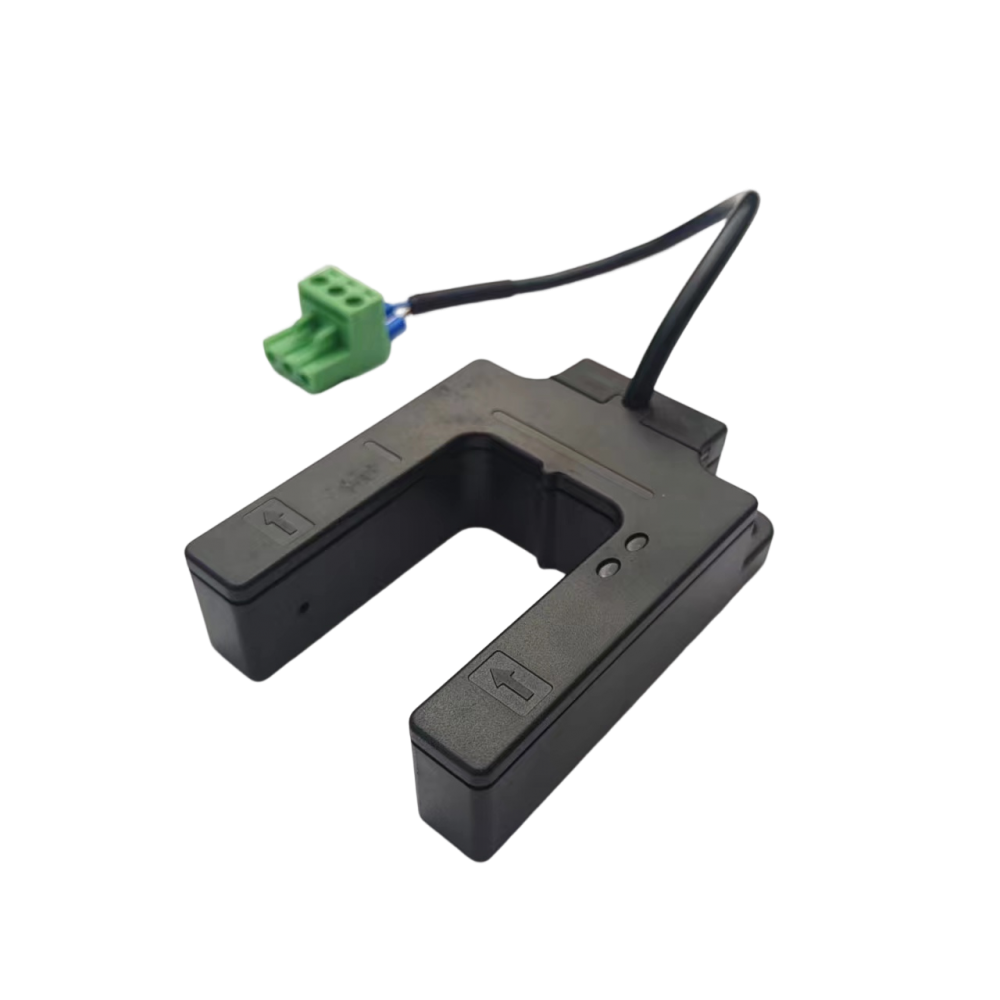
Environmental protection is another area where sensors have made a significant impact. Air quality sensors placed in homes and public spaces monitor levels of pollutants, providing real-time data to help individuals and communities make informed decisions. By detecting harmful substances such as carbon monoxide or particulate matter, these sensors contribute to healthier living environments.
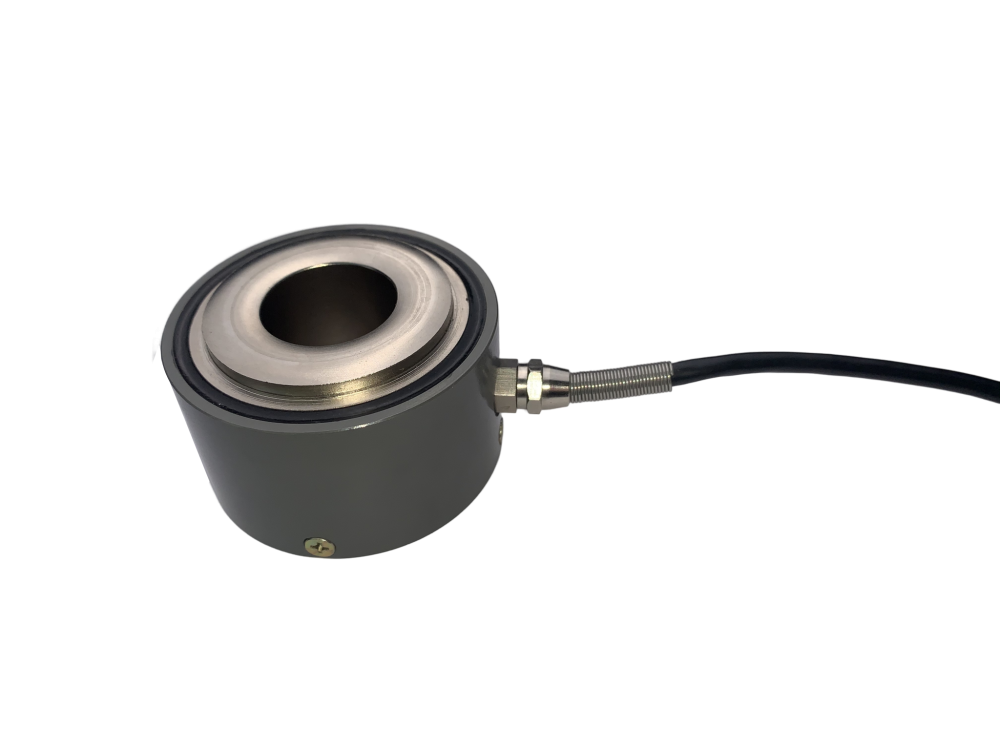
Water quality sensors play a critical role in safeguarding our water supply. They detect contaminants and monitor pH levels, ensuring that the water we drink and use is safe. Similarly, soil sensors in agriculture help optimize irrigation and fertilization, promoting sustainable farming practices and reducing environmental impact.
Safety and SecuritySafety and security have been greatly enhanced by the integration of sensors. Smoke detectors are a prime example, providing early warnings of fire hazards and potentially saving lives. Motion sensors and smart cameras in home security systems offer an additional layer of protection, deterring intruders and providing peace of mind.
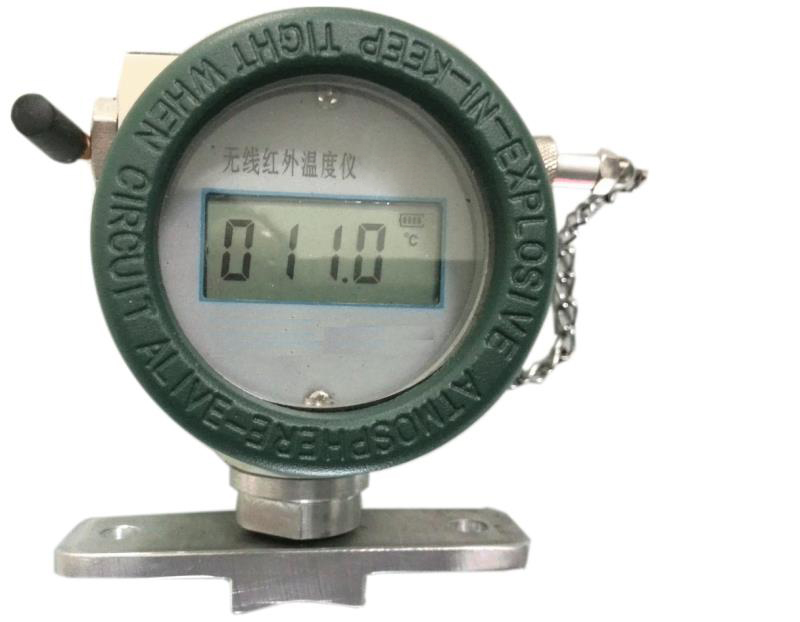
In public spaces, facial recognition technology and fingerprint scanners are increasingly being used for secure access control. These sensors ensure that only authorized individuals can enter restricted areas, enhancing overall security.
ConclusionThe integration of sensors into everyday life has brought about remarkable advancements, making our lives more convenient and secure. From health monitoring to smart home automation, environmental protection to safety measures, sensors have proven to be invaluable. As technology continues to evolve, the role of sensors will only expand, offering even more innovative solutions to improve our quality of life. Embracing this technology responsibly will enable us to create a safer, healthier, and more efficient world for future generations.
Recently Posted
-
Why Elevator Weight Measurement Equipment Is Essential for Modern Buildings
October 17, 2025Elevators are an essential part of modern buildings, providing efficient vertical transportation in residential, commercial, and i Read More
Read More -
Elevator Load Sensors: Choosing the Perfect Fit for Your System
October 15, 2025How to Choose the Right Load Sensors for Elevators: A Comprehensive GuideElevator load sensors are critical components that ensure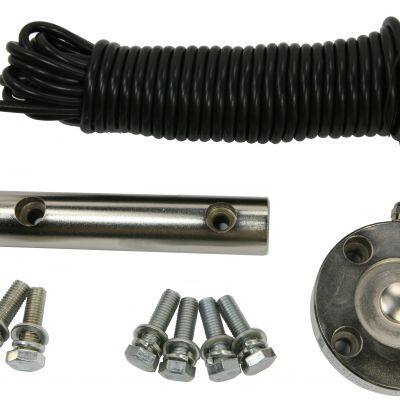 Read More
Read More -
Top Tips for Finding the Most Cost-Effective Elevator Weight Measurement Systems
October 11, 2025How to Find the Most Cost-Effective Elevator Weight Measurement SystemsWhen it comes to selecting elevator weight measurement syst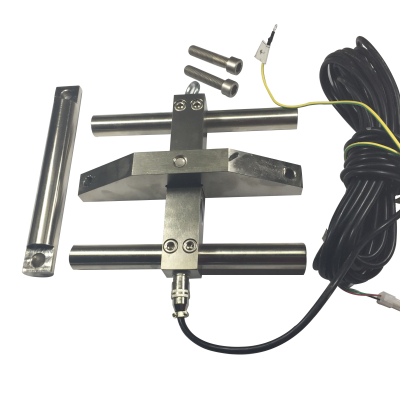 Read More
Read More -
Enhance Elevator Safety: A Comprehensive Guide to Choosing Weight Measurement Equipment
October 10, 2025How to Choose the Right Elevator Weight Measurement EquipmentElevators are essential components of modern buildings, and ensuring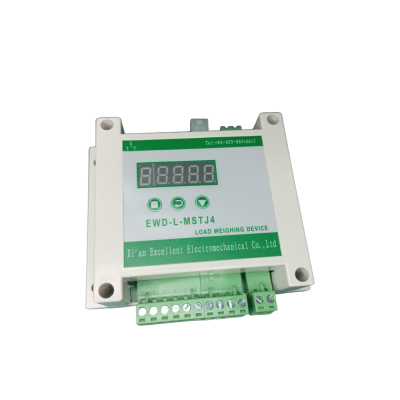 Read More
Read More

